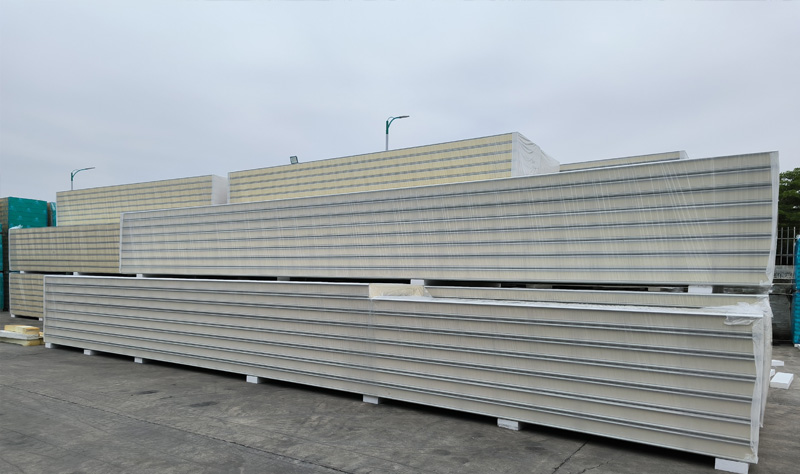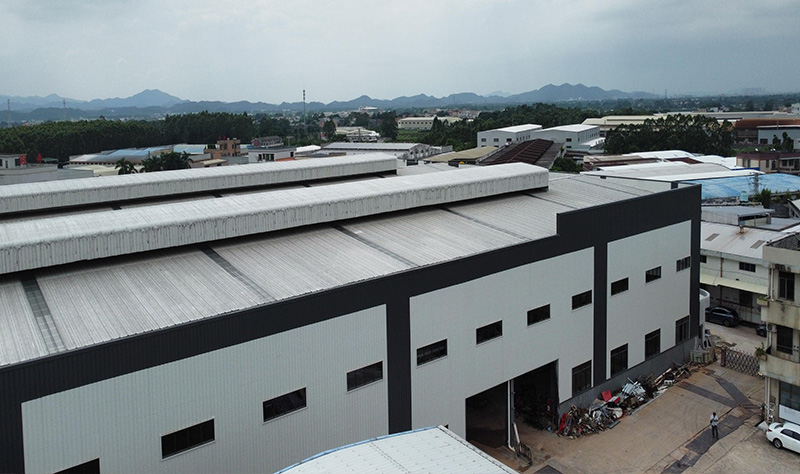Guangdong LiYou Steel Structure Engineering Co., Ltd. +8619147784007 liyousteelstructure@outlook.com
Views: 75 Author: Site Editor Publish Time: 2025-06-05 Origin: Site
As steel buildings grow in popularity across industrial, commercial, and residential sectors, so does the importance of addressing fire safety and energy efficiency. Two key factors that influence a building's long-term performance are fire resistance and insulation. Properly engineered steel structures are not only strong and durable—but also safe and energy-conscious when designed with the right materials and construction practices.
This article explores how to enhance fire resistance and insulation in steel buildings, and why these features are critical for both safety and comfort.
Steel itself is a non-combustible material, meaning it doesn’t ignite or contribute to fire spread. However, at high temperatures (above 500°C or 932°F), it can lose its structural strength. Therefore, steel structures must be protected to maintain integrity during fire events.
Intumescent Coatings
These are fire-resistant paints that expand when exposed to high heat, forming a protective layer that insulates the steel.
Fireproof Cladding and Boards
Cementitious or gypsum-based boards wrap around steel columns and beams to delay heat penetration.
Spray-Applied Fire-Resistive Materials (SFRM)
Sprayed onto structural steel, these materials add a thermal barrier and are often used in industrial or commercial buildings.
Concrete Encapsulation
Steel can be embedded in concrete for high fire-resistance ratings in heavy-duty applications.
Automatic Fire Suppression Systems
While not a structural solution, systems like sprinklers help control the fire and prevent heat buildup on steel components.

Insulation is equally important in steel buildings to regulate temperature, reduce energy costs, and improve indoor comfort. Because steel is a good conductor of heat, thermal bridging can occur without proper insulation.
Fiberglass Blanket Insulation
A cost-effective and widely used material, often installed between wall panels and roof purlins.
Rigid Foam Boards (EPS/XPS/PIR)
Offers excellent R-values and moisture resistance; ideal for walls and ceilings in cold or humid climates.
Spray Foam Insulation
Expands to fill gaps and seals leaks; provides both thermal insulation and air tightness.
Reflective Insulation (Foil-faced)
Common in hot climates; reflects radiant heat away from the building envelope.
Rock Wool (Mineral Wool)
Fire-resistant and sound-absorbing; used in fire-rated assemblies and acoustic applications.
Roof Insulation: Critical for controlling solar heat gain. Often installed above or below the roof deck.
Wall Insulation: Maintains indoor temperature and prevents condensation on steel panels.
Foundation and Floor Insulation: Reduces heat loss through the ground, especially in colder regions.

At Liyou Steel Structure, we offer fire-rated sandwich panels that combine both insulation and fire resistance. These panels consist of:
An outer steel skin
A fire-resistant core (such as rock wool or PIR foam)
An inner skin for protection and aesthetics
These integrated solutions reduce construction time and improve overall building safety and efficiency.
Our steel structures are engineered in compliance with international fire and energy standards, including:
EN 13501 (Europe)
ASTM E119 (USA)
GB 50016-2014 (China Fire Protection Code)
ASHRAE and IECC Energy Codes for thermal insulation requirements
We provide full technical documentation and testing reports for all materials used.
With years of experience in steel construction, Liyou Steel Structure is committed to delivering safe, high-performance buildings. From design to material selection and assembly, we ensure that your project meets the highest standards for fire resistance and insulation.
Need help with your next project? Contact us at: liyousteelstructure@outlook.com